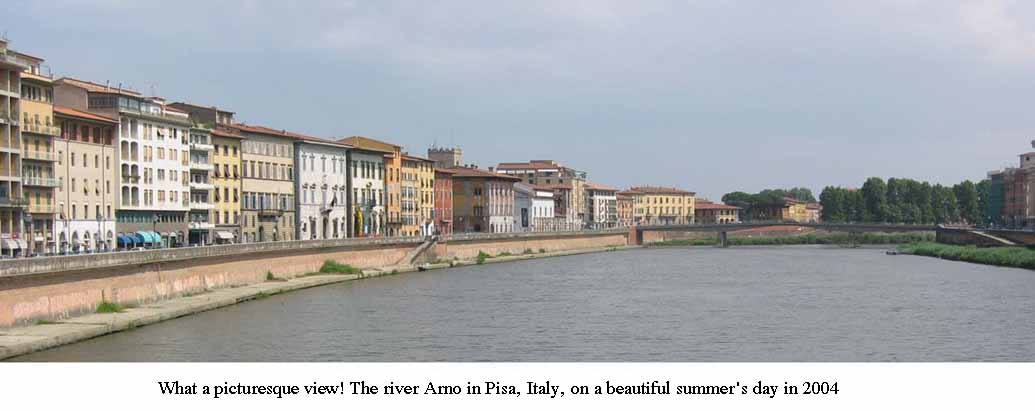Owen's poem "Dulce et Decorum Est" against the backdrop of a) romantic poems, b) modernist lyrics
What has Owen’s poem “Dulce et decorum est ....”
in common with a) romantic poems, b) modernist lyrics
like those we have dealt with so far and what separates
it / sets it apart from them?
What makes Owen’s poem romantic in a way is the dream he and his fellow-soldiers share. This dream is compared to the promised land of “glory”, glory to be gained by a single heroic deed of bravery. And it is unselfishness the soldier-gentleman Owen is dreaming of. Deep in his soul the poet narrating about his personal war experience is convinced that self-sacrifice leads to victory. Yet victory over whom or/and what?
And like with Yeats’s so many poems this initial elan (> overriding enthusiasm) is shattered all of a sudden. The (kind of) romanticism or rather idealism the poem (and through it the poet) seems to be carried by is shattered right from the start. It vanishes only to make way for the horrors of reality that leave no scope for heroism. Where there is bloodshed there is no victory for either side (of war-waging enemies). In a war there are no winners, only losers.
This insight is disillusioning – at least for those who believe in reason and the superiority of their own power sustained by heroism. It lays bare reality in its most cruel form(s).
Likewise Yeats’s poems, and with them the poet’s dreams end in disillusionment. What starts out in hope and expectation (+ eagerness/longing for fulfilment) becomes deprived of any sense (> “the foul rag-and-bone shop of the heart”).
The stylistic devices by which Owen achieves this devastating effect of an experience are manifold. To heighten the negative side of the moment when reality turns into a nightmare, when the “haunters” become the ‘haunted ones’ Owen uses a simile in the very opening line to his poem. The soldiers involving the first-person narrator himself (an autobiographical feature) are depicted as “beggars” “bent double” “under sacks”, yet “sacks” of what? The burden they carry is one they suffer from. It makes them retreat and plod back from the front line of the battle scene – not knowing whether they’ve won, but just struggling and striving to survive.
Another means of figurative language is the conspicuous use of assonance to emphasize the trouble, grief, dirt, and turmoil in this chaotic scene of a battle. Thus the author deliberately applies dark vowels in the choice of this words throughout the poem, such as in “sludge”, “trudge”, “blood-shod”, “dropped”. You can’t see any ‘light’ in between (what’s going on). And when there is light (in light vowels) it foreshadows ‘helplessness’ like in line 15.
The battle is long – reflected in the length of stanzas 1, 2 and 4 – the soldiers’ “dreams” are short, which is underscored by the slim two lines of stanza 3.
-----------------------------------
My tutor’s illuminating remark: “Nice”

